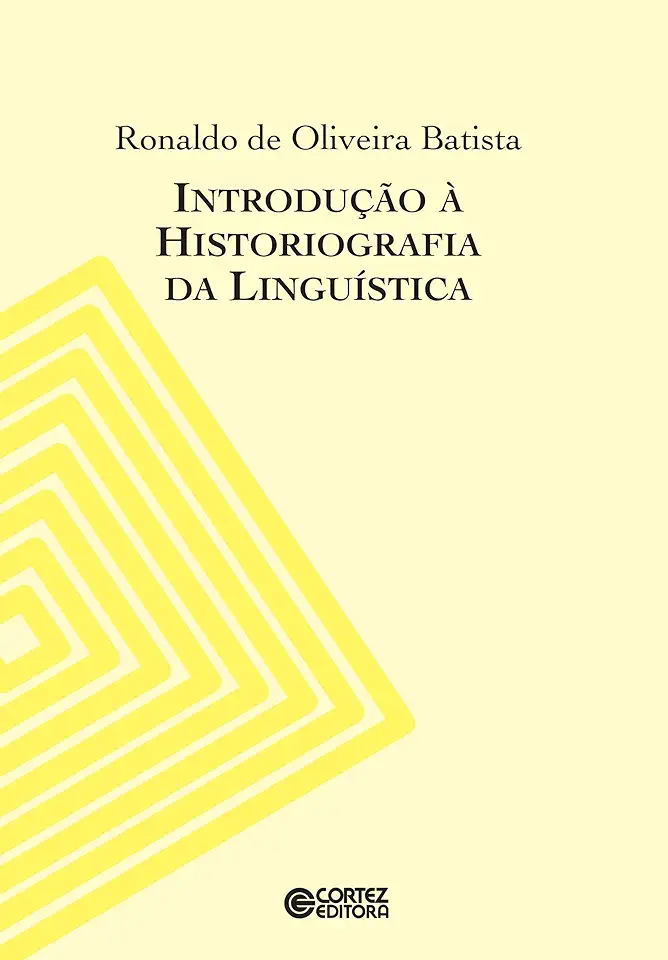
Introduction to the Historiography of Linguistics - Ronaldo de Oliveira Batista
Introduction
In "Introduction to the Historiography of Linguistics", Ronaldo de Oliveira Batista provides a comprehensive and engaging overview of the development of linguistic thought from ancient times to the present. This book is an essential resource for anyone interested in the history of language and linguistics, and it is sure to appeal to a wide range of readers, from students and scholars to general readers with an interest in the history of ideas.
Ancient and Medieval Linguistics
Batista begins by exploring the earliest known linguistic studies, which date back to ancient India and Greece. He discusses the contributions of early grammarians such as Pāṇini and Dionysius Thrax, and he shows how their work laid the foundation for the development of linguistic thought in the West.
The Renaissance and the Scientific Revolution
The Renaissance and the Scientific Revolution saw a renewed interest in the study of language, and Batista devotes a significant portion of his book to this period. He discusses the work of humanists such as Lorenzo Valla and Erasmus, who argued for the importance of studying the classical languages, and he explores the rise of scientific approaches to language study, such as the work of Francis Bacon and René Descartes.
The 19th Century: The Birth of Modern Linguistics
The 19th century was a time of great progress in the field of linguistics, and Batista provides a detailed account of the major developments of this period. He discusses the work of scholars such as Wilhelm von Humboldt, Franz Bopp, and August Schleicher, who laid the foundation for modern linguistics. He also explores the rise of comparative linguistics and the development of new methods for studying language, such as the use of fieldwork and the analysis of speech sounds.
The 20th Century: Structuralism and Beyond
The 20th century saw the emergence of structuralism, which became the dominant paradigm in linguistics for several decades. Batista provides a clear and concise explanation of structuralism, and he discusses the work of leading structuralists such as Ferdinand de Saussure, Noam Chomsky, and Claude Lévi-Strauss. He also explores the challenges to structuralism that emerged in the late 20th century, such as the rise of generative grammar and functional linguistics.
Conclusion
In his conclusion, Batista reflects on the current state of the field of linguistics and he offers some thoughts on the future of linguistic research. He argues that linguistics is a vital field of study that has the potential to make a significant contribution to our understanding of the human mind and the human condition.
Why You Should Read This Book
"Introduction to the Historiography of Linguistics" is a must-read for anyone interested in the history of language and linguistics. Batista's clear and engaging writing style makes this book accessible to a wide range of readers, and his comprehensive coverage of the field ensures that even the most knowledgeable readers will find something new and interesting in this book. If you are interested in learning more about the history of language and linguistics, then I highly recommend that you read this book.
Enjoyed the summary? Discover all the details and take your reading to the next level — [click here to view the book on Amazon!]